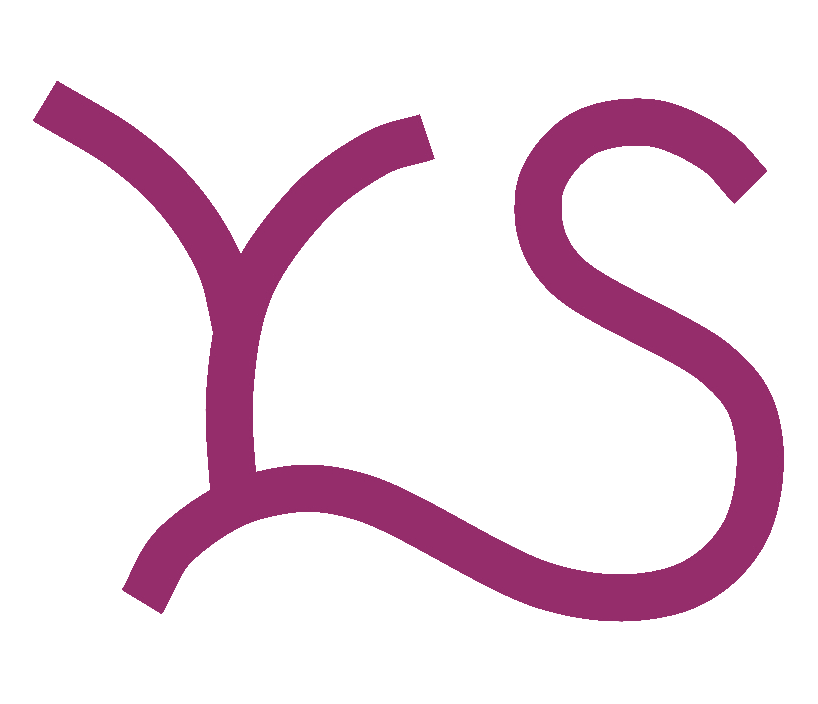Wisdom and Children: Expansion
Theodore,
I’m excited to be having this conversation with you – and, I hope, with others interested in interfaith, intercultural, and wisdom-based education who stumble upon this blog and join the conversation via the comments! I’m looking forward to being able to reflect together over the coming weeks and months on some fundamental questions and topics around the nature, purpose, and value of education, and hope that we can question, challenge, and ultimately inspire each other towards deeper understanding and more informed practice.
So, your question: what is the purpose of education? I go back and forth around different words, but if I have to choose one I will say expansion. For me, education is about expanding someone’s mind, expanding their outlook, and expanding their field of concern. Perhaps the language of ‘expanding one’s mind’ is already familiar within mainstream education circles, although I’d argue for a broader understanding of what this expansion involves: not simply about the content and information which a student learns, but also the different processes of learning, including different styles and different approaches.
Education should also expand their outlook, change the way they look at the world around them and their understanding of their own identity and purpose within that world; it should help them to be more aware of their own assumptions, biases, prejudices, and lenses. And it should expand their field of concern to be more broad, more complex, more global, more diverse, and more active: education should equip students with the knowledge, skills, and opportunities to engage more actively, deeply, and meaningfully with the world around them. To understand both how things are, and how things could be.
Of course, how this is lived out in the daily reality and culture of a school or educational institution connects with your question of what matters, and in particular of how to balance these alongside the perhaps more prosaic concerns around what to measure, how to measure it, and how to balance more traditional or mainstream measures of achievement such as standardized test scores, with more holistic and person-centred measures – which by their nature are often more difficult to quantify. I’m thinking of my experience working in a new Sikh-ethos interfaith high school network in the U.K., and the fascinating questions we faced around balancing the vision and purpose of the school with the need to meet certain locally- and nationally-mandated standards. Let’s dig into those questions further!
Seán

